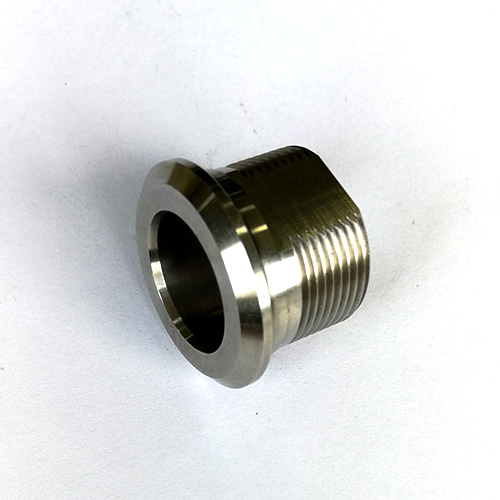What is the corrosion resistance of precision casting processing?
All metals react with oxygen in the atmosphere to form an oxide film on the surface. Unfortunately, the iron oxide formed on general carbon steel continues to oxidize, causing corrosion to expand and form holes. The surface of carbon steel can be treated with electroplating paint or oxidation-resistant metal ( Such as zinc, nickel and chromium) to ensure. However, as we all know, this protection is only a thin film. If the protective layer is damaged, the steel underneath will start to rust.
The corrosion resistance of stainless steel castings depends on chromium, but the protection methods are different because chromium is one of the components of steel. When the addition of chromium reaches 10.5 percent, the atmospheric corrosion resistance of the steel increases significantly, but when the chromium content is higher At this time, although the corrosion resistance can still be trekked, it is not obvious.
The reason is that when steel is alloyed with chromium, the type of surface oxide is changed to one composed of pure chromium metal. This tightly adherent chromium-rich oxide protects the surface from further oxidation. This oxide layer Extremely thin, the natural luster of the steel surface can be seen through it, giving stainless steel castings the same surface. Moreover, if the surface is damaged, the exposed steel surface will react with the atmosphere to repair itself, forming this oxide from the beginning. Passivation film" continues to play a protective role.
Therefore, all stainless steel casting elements have the same characteristic, that is, the chromium content is above 10.5 percent. What are the advantages of precision casting processing? Castings have high standard precision, generally linear public service is 1 percent, and angular public service is: ±1\/2 The surface finish can reach Ra1.6-3.2, which can save material and machining costs.


